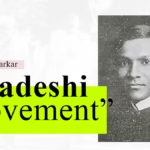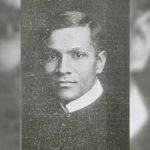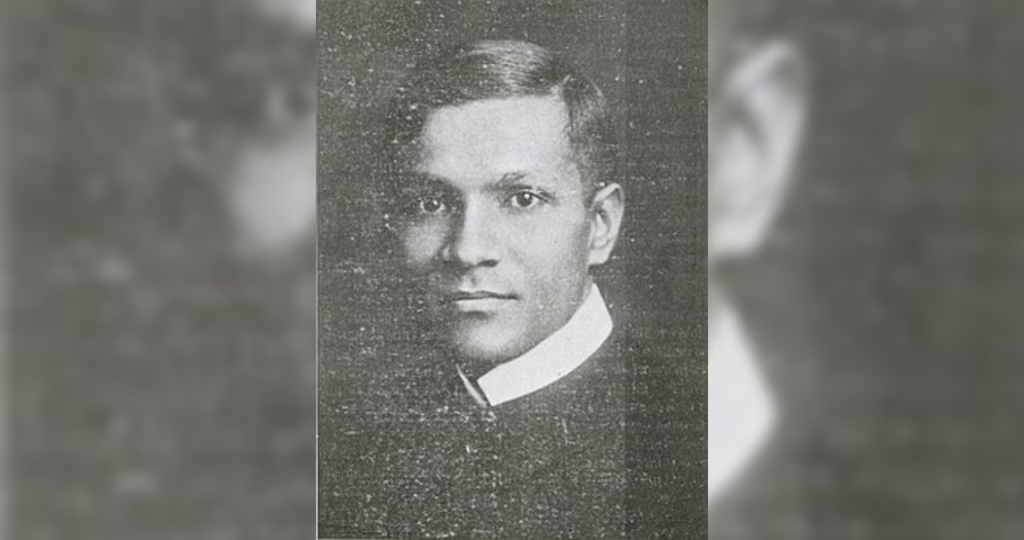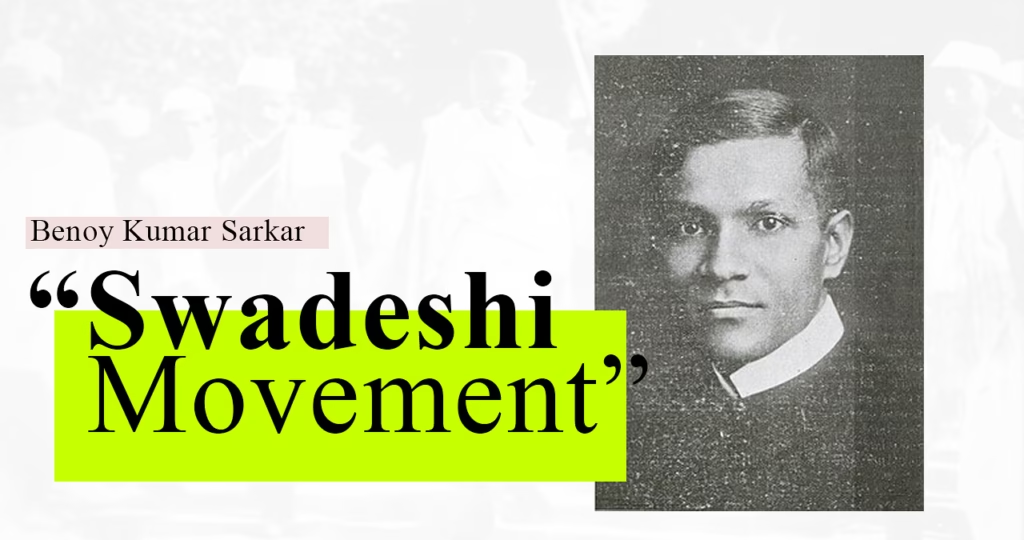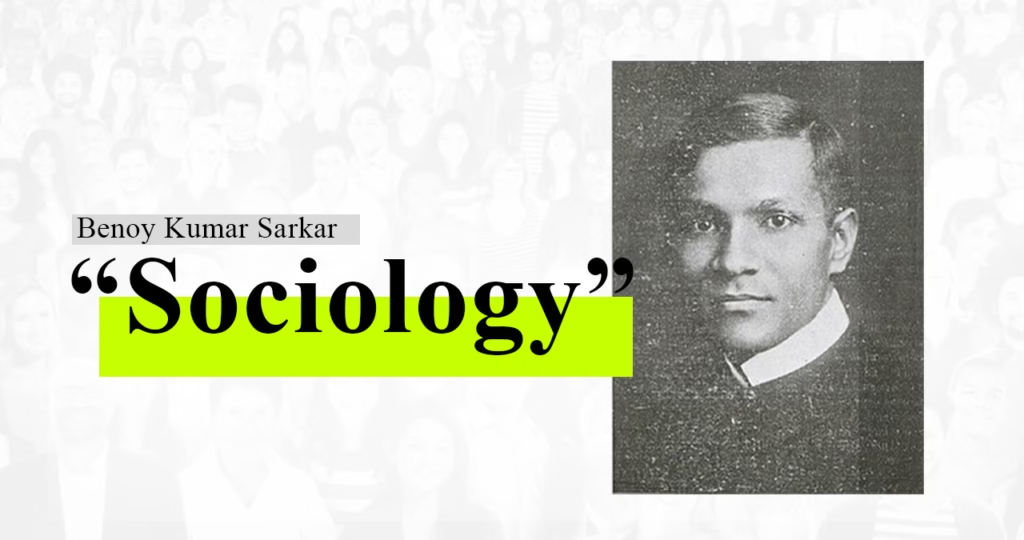Discover how Benoy Kumar Sarkar developed a uniquely Indian theory of international relations, centuries before Western IR became dominant in global politics.
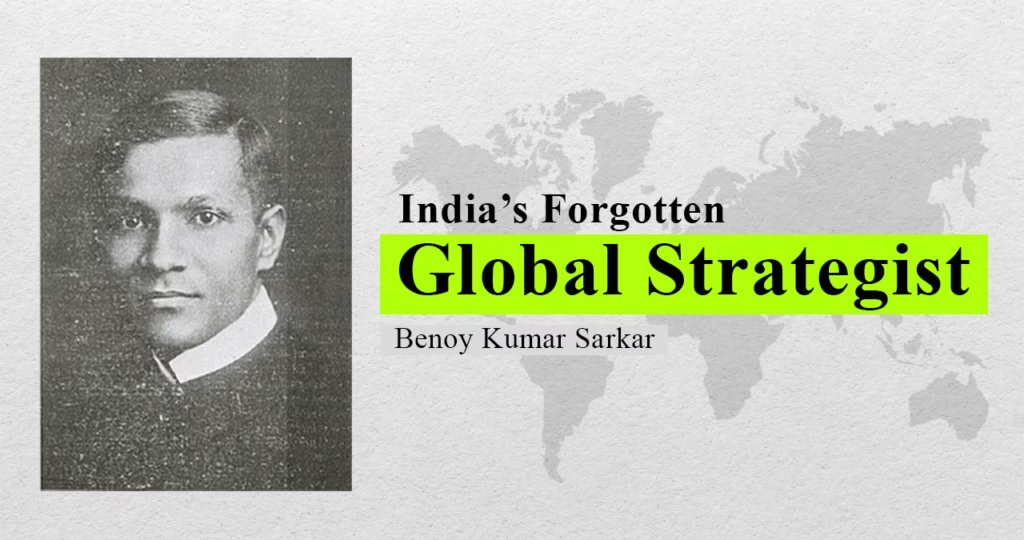
Long before international relations (IR) became a formal academic field, Benoy Kumar Sarkar was already laying its philosophical foundations in India. At a time when Europe dominated global politics and theory, Sarkar boldly introduced a native model rooted in Hindu political thought. This blog explores the pioneering role of Benoy Kumar Sarkar international relations, and why his theory deserves renewed global attention today.
In the early 20th century, IR as a discipline was entirely Eurocentric. Scholars like Hans Morgenthau and E.H. Carr viewed international politics through a Western historical and realist lens — emphasizing power, conflict, and state sovereignty.
Sarkar challenged this narrative. He argued that India, with its rich political history — from the Mahabharata to the Arthashastra — possessed its own strategic and diplomatic traditions. These could offer alternatives to Western political theory, especially in Asia and the Global South.
In his 1919 work titled “Hindu Theory of the State”, Sarkar introduced the concept of Hindu IR, inspired by:
- Kautilya’s Arthashastra (science of politics and statecraft)
- Mahabharata (codes of war and diplomacy)
- Dharma-based governance (moral foundations of international conduct)
He proposed that Indian tradition:
- Recognized multi-polar world orders
- Emphasized ethical diplomacy over brute force
- Valued regional alliances and peaceful coexistence
- Advocated for a civilizational worldview, not just material power
This stood in stark contrast to the Western obsession with conquest and colonization. Sarkar’s IR model valued cultural exchange, balance of power, and spiritual diplomacy.
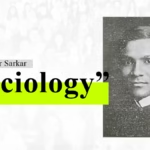 Benoy Kumar Sarkar and the Birth of Indian Sociology in 1914. →
Benoy Kumar Sarkar and the Birth of Indian Sociology in 1914. →Sarkar’s IR theory was not confined to India. He dreamt of a united Pan-Asian front, challenging Western imperialism with cultural and political unity. His writings, such as “The Positive Background of Hindu Sociology” and “The Beginning of Hindu Culture as World-Power”, promoted:
- An Asian Monroe Doctrine (Asia for Asians)
- Strategic solidarity between India, Japan, and China
- Decolonization through intellectual revival and economic cooperation
He even advocated for joint Asian universities, think tanks, and cultural missions — laying the early intellectual groundwork for what would decades later become institutions like ASEAN or BRICS.
During the 1920s and 30s, Sarkar lectured across the world — from Germany and Austria to Japan and the United States. He presented his ideas on Hindu political theory and IR to audiences unfamiliar with Indian strategic thought.
Unfortunately, due to rising nationalism in Europe, Sarkar’s theories were often dismissed as “Eastern philosophy” rather than political science. Post-independence India, too, neglected his contributions, focusing instead on Nehruvian foreign policy models borrowed from the West.
Yet, modern scholars now see his work as a decolonial corrective to global IR theory.
In the 21st century, as India rises on the global stage, Benoy Kumar Sarkar’s international relations theory is gaining attention again. His emphasis on:
- Cultural diplomacy
- Civilizational identity
- Ethical internationalism
— resonates deeply with India’s current efforts to promote Vasudhaiva Kutumbakam (the world is one family) on global platforms like G20.
Benoy Kumar Sarkar was not just a sociologist or historian — he was India’s first global strategist. His Hindu theory of international relations offers a powerful reminder that India has its own legacy of global thought, diplomacy, and statecraft.
As international politics begins to shift from West to East, Sarkar’s vision is more relevant than ever. It’s time to reclaim his place among the great thinkers of global strategy — starting with honoring his legacy in Malda, where this visionary’s journey began.
Also Read: Benoy Kumar Sarkar and the Birth of Indian Sociology in 1914.

